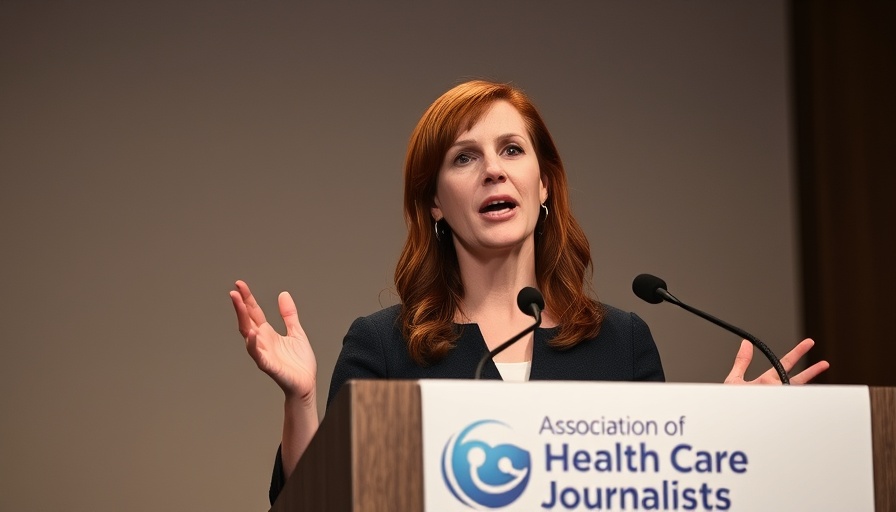
A Looming Crisis in Maternity Care
With over one in three U.S. counties lacking a delivery doctor or hospital, the question weighs heavily: when maternity wards close, who will deliver the babies? The stark numbers reveal an alarming reality faced by more than 2.3 million women of reproductive age who are navigating a healthcare landscape riddled with 'maternity deserts.' This term refers to areas, often rural, where access to quality maternity care is virtually non-existent. Disconcertingly, these closures do not merely affect the affluent; they predominantly impact marginalized communities already grappling with significant health disparities.
The Causes of Maternity Ward Closures
Experts point to a myriad of factors contributing to the decline in maternity services. The ramifications of the COVID-19 pandemic are still reverberating through healthcare systems, with some facilities struggling under the weight of financial constraints, high operational costs, and staff shortages. The problem is further compounded by systemic underfunding in women's health, a reality that several panelists at the recent Health Journalism 2025 conference emphasized.
The Disparities in Maternal Health Care
The U.S. is an anomaly when it comes to maternal healthcare access, grappling with insurance barriers that exacerbate inequality. For instance, Medicaid covers over 40% of U.S. births, yet its reimbursement rates for childbirth are significantly lower than commercial insurance, resulting in hospital closures and limited availability of services. As panelist Christy Turlington Burns, president of Every Mother Counts, noted, these disparities widen the gap in health outcomes, particularly for low-income women and those living in rural settings.
Future Predictions: A Need for Reform
The predictions are grim if current trends continue. With Congressional efforts aimed at reducing Medicaid spending, an estimated 7.7 million individuals could be pushed out of coverage by 2034, further eroding access to maternal health services. The situation calls for urgent reforms in healthcare policy to ensure that every woman has access to quality prenatal and maternity care, regardless of their socio-economic status.
Exploring Community-Based Solutions
Grassroots initiatives are rising up to fill the void left by closed maternity wards. Local organizations dedicated to promoting maternal health are stepping in to provide education and support, connecting expecting mothers with essential resources. This approach not only addresses immediate healthcare needs but fosters a stronger network of support within communities.
Your Role in Addressing This Crisis
As community members, we can advocate for better support systems for mothers and their families. Engaging in conversations around maternal health, supporting local health organizations, and participating in wellness programs can significantly contribute to closing the gap in maternal care. Together, we can reshape the future of maternal healthcare in our communities, ensuring that every mother has access to the care she needs to deliver her baby safely.
Conclusion
The crisis unfolding in maternity care underscores the urgent need to address systemic issues affecting women's health in the U.S. With over 2.3 million women facing substantial barriers to maternity services, it is imperative that we elevate the conversation around maternal health, support innovative community solutions, and push for reform that centers on equitable access to quality medical care. Together, change is possible, but only if we unite in our commitment to the health and well-being of mothers across the nation.
 Add Row
Add Row  Add
Add 




Write A Comment